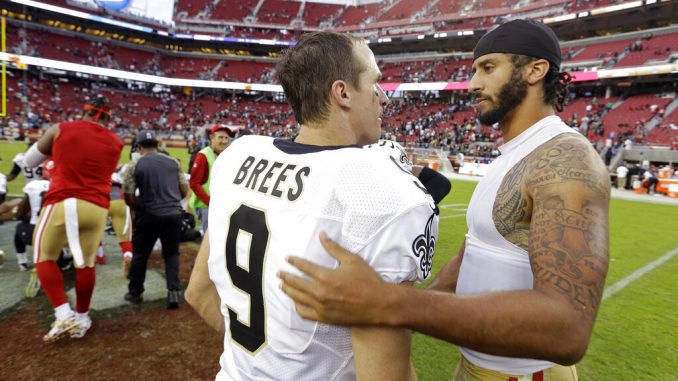
 Though it was sprinkled with bits of good news here and there, for the most part, 2020 was not a good year — primarily because of the COVID-19 outbreak and all the sickness and sorrow that came along with it.
Though it was sprinkled with bits of good news here and there, for the most part, 2020 was not a good year — primarily because of the COVID-19 outbreak and all the sickness and sorrow that came along with it.
But while we’re all praying that the coronavirus will soon become a more containable and manageable virus in 2021 thanks to the various vaccines that have become available, there are two other words out there that start with a “c” that also need to go this year: cancel culture.
I’ve written extensively about the issue before, but for those who may not know what it is, here’s a brief explainer:
Basically, cancel culture is when a mob of people, usually on the left, try to “cancel” or “void” a person’s accomplishments and/or livelihood because he or she says something that is supposedly offensive. The person states an opinion the mob doesn’t like, and then the mad rush is on to get the person fired or “canceled” for daring to keep an open mind or to otherwise think differently from the herd.
The end result is that the person ends up getting shunned by a so-called “polite society” for saying something that didn’t fit in with today’s politically correct culture.
Emmy-winning actor Bryan Cranston recently talked about the toxicity of cancel culture in a video interview with the Associated Press and made some comments worth repeating as we head into a new year — which will hopefully have some better habits accompanying it.
“We live in this cancel culture of people erring and doing wrong, either on purpose or by accident, and there’s less forgiveness in our world,” Cranston stated. He also said he believed we have “become harder and less understanding, less tolerant, less forgiving” as a society.
Cranston’s solution to the problem was to have everyone “take a second look at” ostracizing people over supposed WrongThink “and exhale and realize that asking forgiveness and receiving forgiveness are not weaknesses but are human strengths.”
In other words, hey, it’s okay to disagree, buddy. Doesn’t make you the worst person in the world.
While he made some good points, one thing lost in the discussion is how people who’ve done nothing wrong shouldn’t have to ask for forgiveness in the first place. For example, last summer, New Orleans Saints QB Drew Brees was blasted for alleged “racial insensitivity” after saying he disagreed with anyone who would kneel during the national anthem.
“I think what you do by standing there and showing respect to the flag with your hand over your heart, is it shows unity. It shows that we are all in this together, we can all do better and that we are all part of the solution,” Brees said at the time.
He was mocked and ridiculed so much that he repeatedly apologized in hopes he’d make his perceived “wrong” right.
Former Indianapolis Colts coach Tony Dungy had a great response to the uproar over Brees’ remarks.
“[Brees] can’t be afraid to say that and we can’t be afraid to say, ‘Okay Drew, I don’t agree with you, but let’s talk about this and let’s sit down and talk about it,’” Dungy advised. “We can’t just say any time something happens and we don’t agree with it, ‘Hey I’m done with that and I’m done with this person.’ That doesn’t make sense. We have to be better than that.”
In other words, hey, it’s okay to disagree, buddy. Doesn’t make you the worst person in the world.
People who are prone to knee-jerk “cancel them!” reactions should resolve to spend less time jumping on the outrage bandwagon and more time actually thinking about and trying to understand what people say.
They may find that while they still don’t agree with the person, what they said doesn’t rise to the level of deserving to have their life ruined over it.
Media analyst Stacey Matthews has also written under the pseudonym Sister Toldjah and is a regular contributor to RedState and Legal Insurrection



